- Home›
- Healthy Living›
- 6 Foods To Add In Your Diet If You Have Hypothyroidism
6 Foods To Add In Your Diet If You Have Hypothyroidism
By: Kratika Maheshwari Fri, 07 Oct 2022 6:56:35
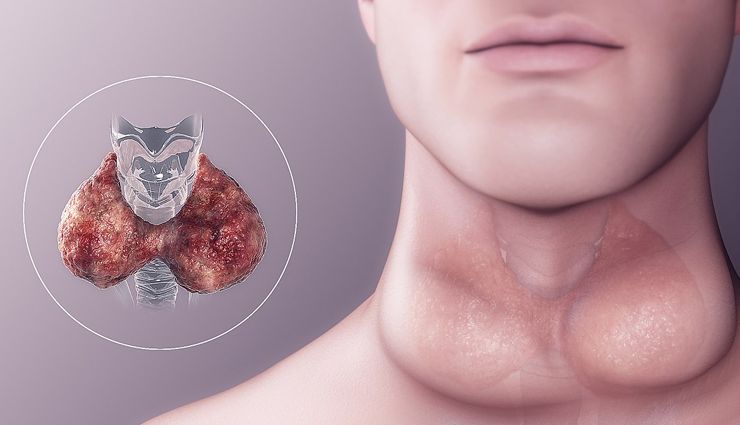
If you’ve been diagnosed with hypothyroidism or are at risk of developing it due to family history or otherwise, you may want to consider taking a closer look at what’s on your plate. Diet can play a big part in helping your cause or making things worse. So, deciding what to eat and what to let go off can make all the difference to your condition.
Hypothyroidism or an underactive thyroid could result from autoimmune diseases like Hashimoto’s thyroiditis or might be the result of some medication, the surgical removal of your thyroid, or even having radiation treatment of some kind. When your thyroid is underactive, the gland doesn’t make enough thyroid hormone for normal body functions, resulting in weight gain, feeling tired easily, dry skin, feeling cold, forgetfulness, and even feeling depressed.
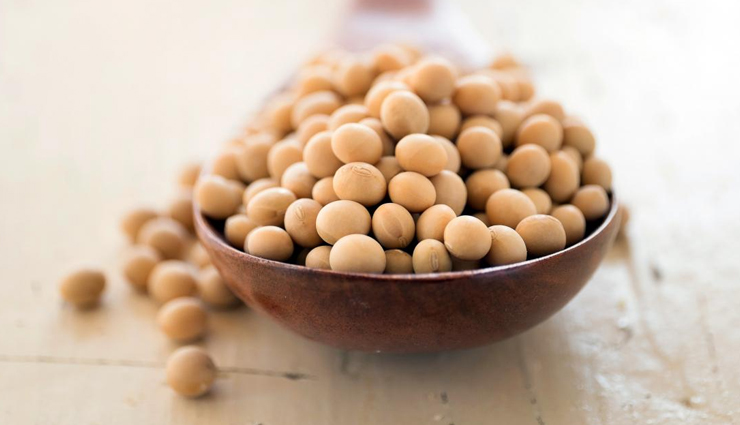
# Soy Foods
Soy and soy foods are considered known offenders when it comes to hypothyroidism as they may interfere with thyroxine absorption. You may need to cut out tofu, tempeh, and soy milk or soy milk-based products from your diet. And don’t forget, green edamame beans and mature soybeans would be off the cards too.
If you do decide to go ahead and have your soy foods, keep as much of a gap between your meal and your medication to reduce the chances of the soy hampering absorption. That way, you can have your soy without worrying about your thyroid.
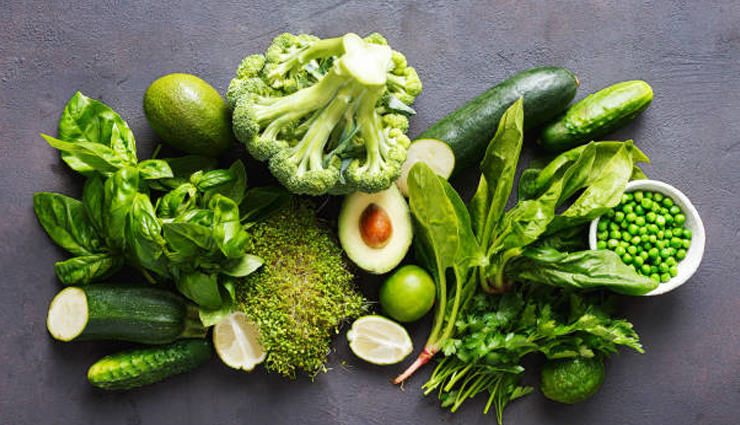
# Raw Leafy Greens Like Spinach, Mustard Greens, And Kale
Raw kale, mustard greens, and spinach are goitrogens, interfering with your body’s ability to use the iodine it gets. Its effect on this nutrient uptake suppresses thyroid function. However, this issue lies largely with the raw form of these leafy vegetables. Cook them before using and you should be fine. Of course, moderation is key, so don’t overdo intake of these greens. Collard greens are another leafy vegetable to be mindful of.
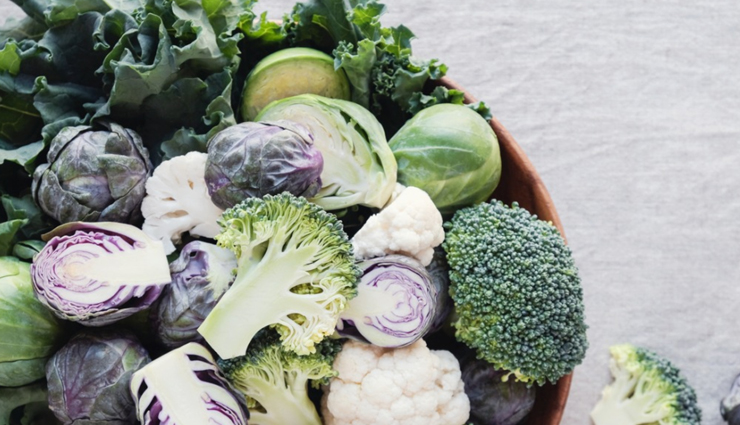
# Cruciferous Vegetables Like Cauliflower, Broccoli, And Cabbage
While they are very healthy vegetables and packed with nutrients, cruciferous vegetables can be a problem for those with hypothyroidism. Try and avoid having foods like cauliflower, brussels sprouts, cabbage, and broccoli – especially if you are eating them raw. While they are all known to be goitrogenic, some are more problematic than others. For instance, intake of large amounts of raw cabbage is a known trigger for goiter or an enlarged malfunctioning thyroid.
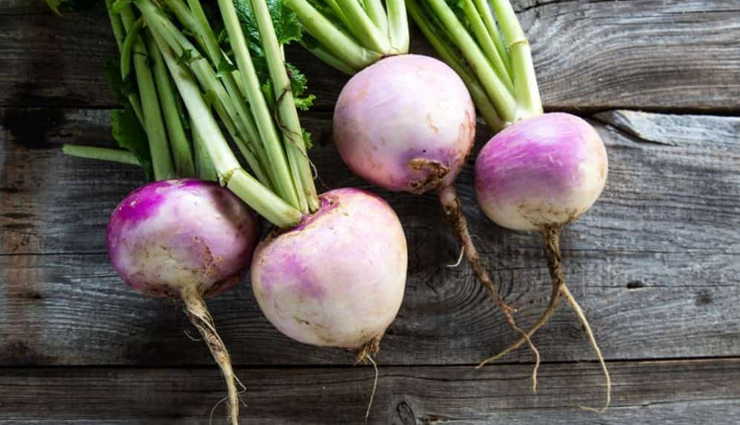
# Radish, Turnip, And Swede
Radishes or turnips may not strike you as being from the same category as cabbage or broccoli, but these root vegetables are also brassica veggies. And they are also goitrogenic and best avoided if you have hypothyroidism. Swedes or rutabagas present a similar problem.

# Coffee And Green Tea
It may be time to trade in that morning cuppa joe for something milder like a herbal tea or warm water with lemon. It is believed that coffee could cause problems with your thyroid function by interfering with thyroid hormone absorption.
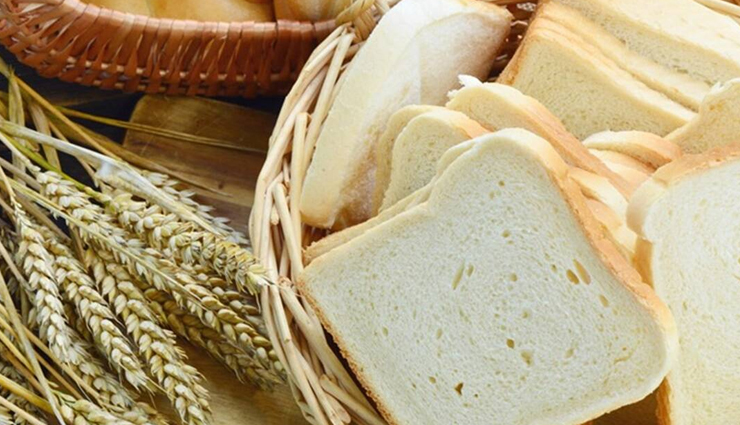
# Gluten
While whole grains are healthy, if you have hypothyroidism, you may want to avoid foods you are allergic to, to reduce inflammation in the body – and that includes gluten-containing grains. Research has found that celiac disease, which causes your body to experience inflammatory stress when you consume gluten, is more common among people who have autoimmune thyroid disease.





